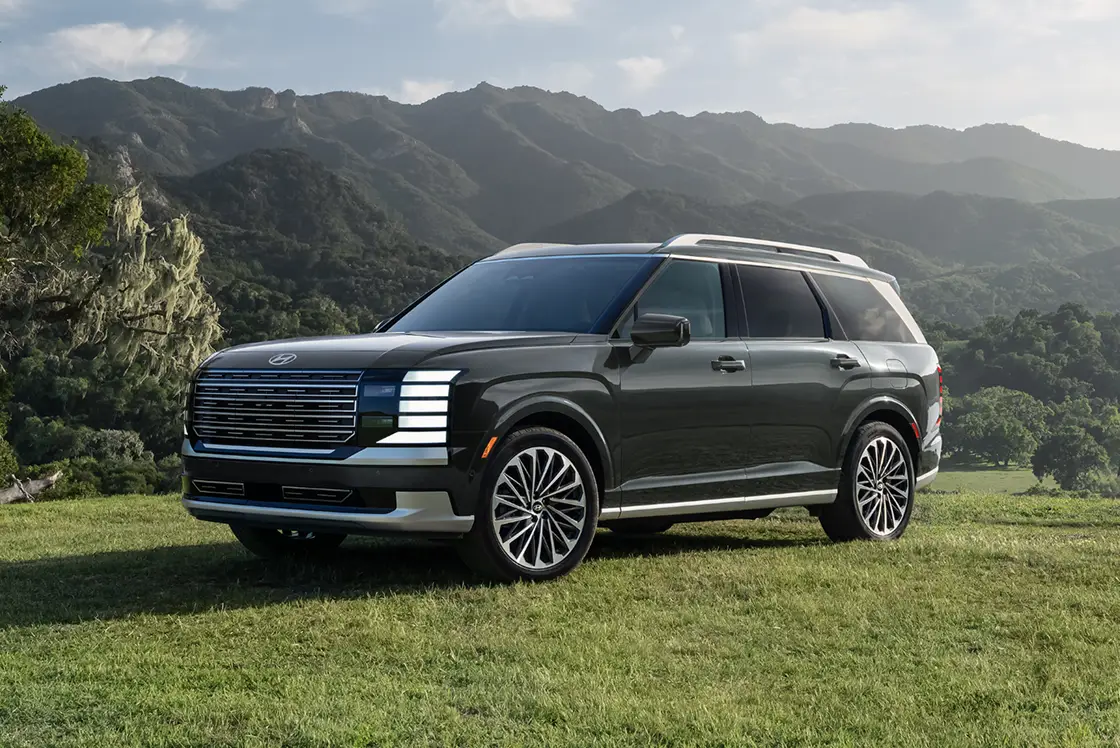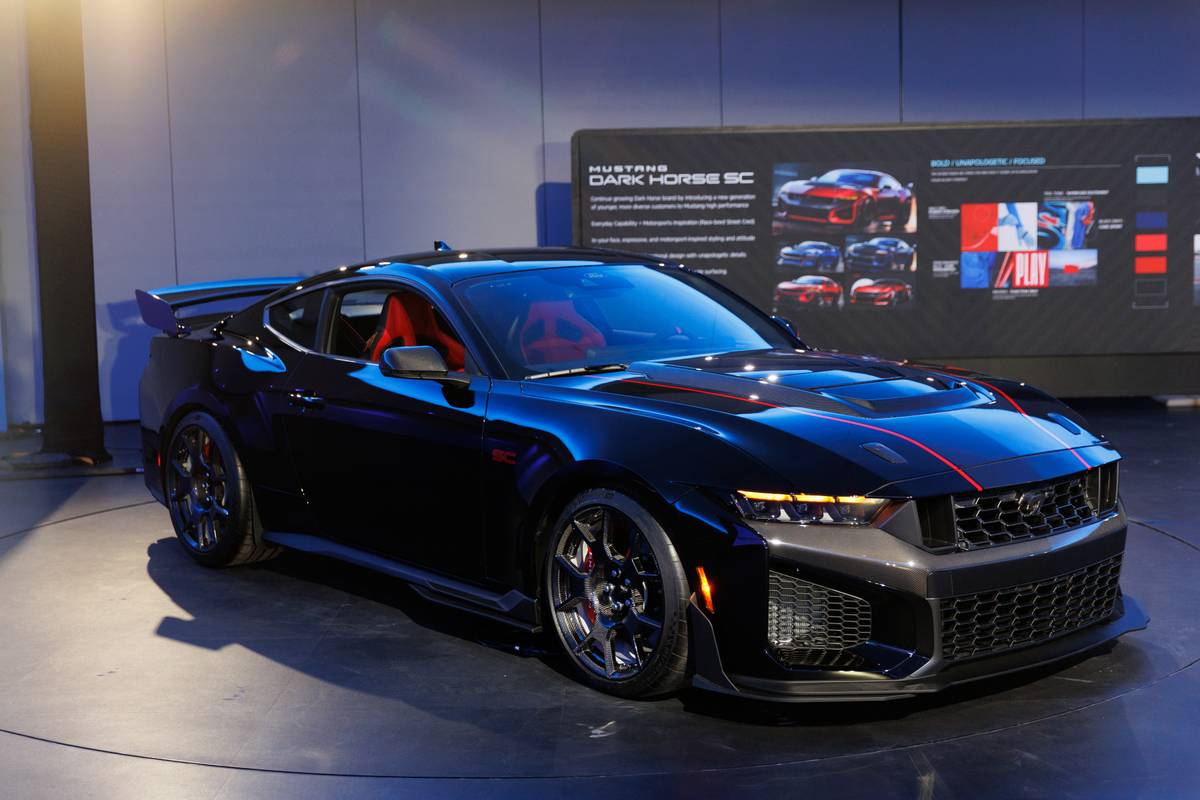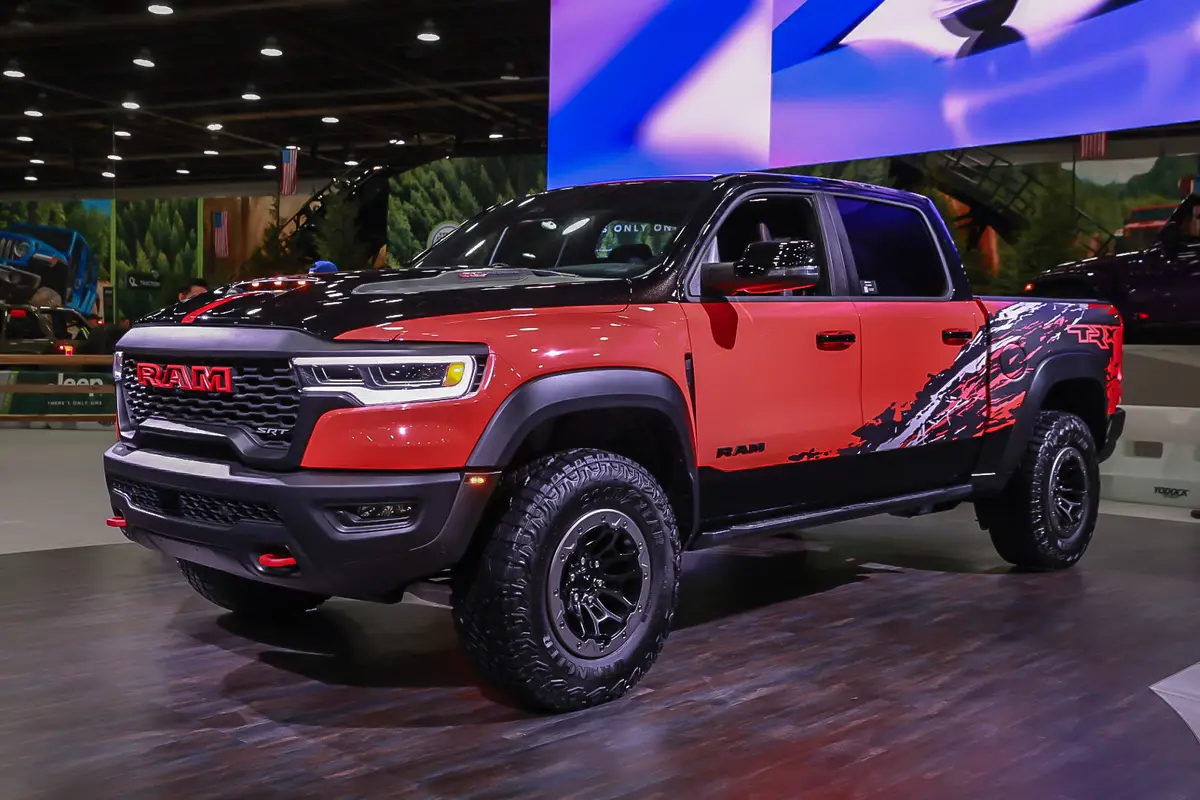How Can You Save on Your EV Purchase?

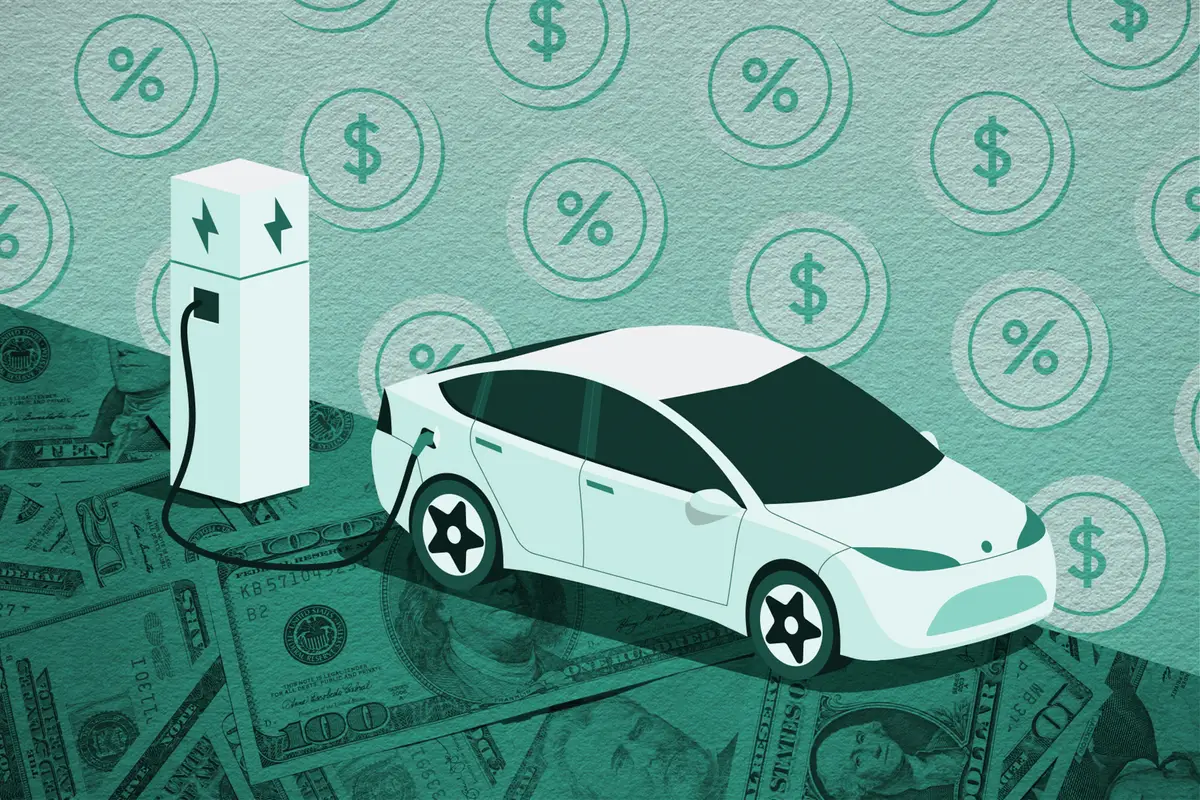
Key Points:
- The federal EV tax credit expired Sept. 30, but there are other ways to save on an EV purchase.
- Some ways shoppers can save on an EV purchase include state and local incentives, free charging incentives, cash discounts and financing deals, as well as opting for a cheaper model with less range.
With the passage of the Trump administration’s “One Big Beautiful Bill Act,” the federal EV tax credit expired Sept. 30, ending the program that gave shoppers a tax credit of up to $7,500 for a qualifying new EV and up to $4,000 for a used EV — that is.
Related: EV 101: A Video Guide to Electric Vehicles
Since the credit is gone, are there other ways to add up the EV savings? Four ways you may be able to lower the cost of your EV include:
- State and local incentives
- Free charging incentives
- Cash discounts and financing deals
- Opting for less range
What Are Your State and Local Incentives?
In addition to federal incentives, many states and local municipalities offer rebates, credits or other incentives on an EV or EV-related purchase. For example, the Illinois Environmental Protection Agency offers rebates to residents for the purchase of a new or pre-owned EV. Residents may qualify to receive up to a $4,000 rebate for the purchase of an all-electric vehicle that is not an electric motorcycle or up to $1,500 for an electric motorcycle.
There are generally offers at a local level, too, and some cities sweeten the deal even more with other types of discounts for EVs. For example, the city of Naperville, Ill., offers residents and commercial entities a $500 rebate for the installation of a Level 2 or DC fast charger. For those in Miami, Fla., owners of EVs may receive a 50% discount on Miami Beach residential parking decals, and non-Miami Beach EV owners may receive a 50% discount on monthly parking permits at city garages and lots.
Look up your state’s energy laws related to electric vehicles.
Which Automakers Offer Free Charging Incentives?
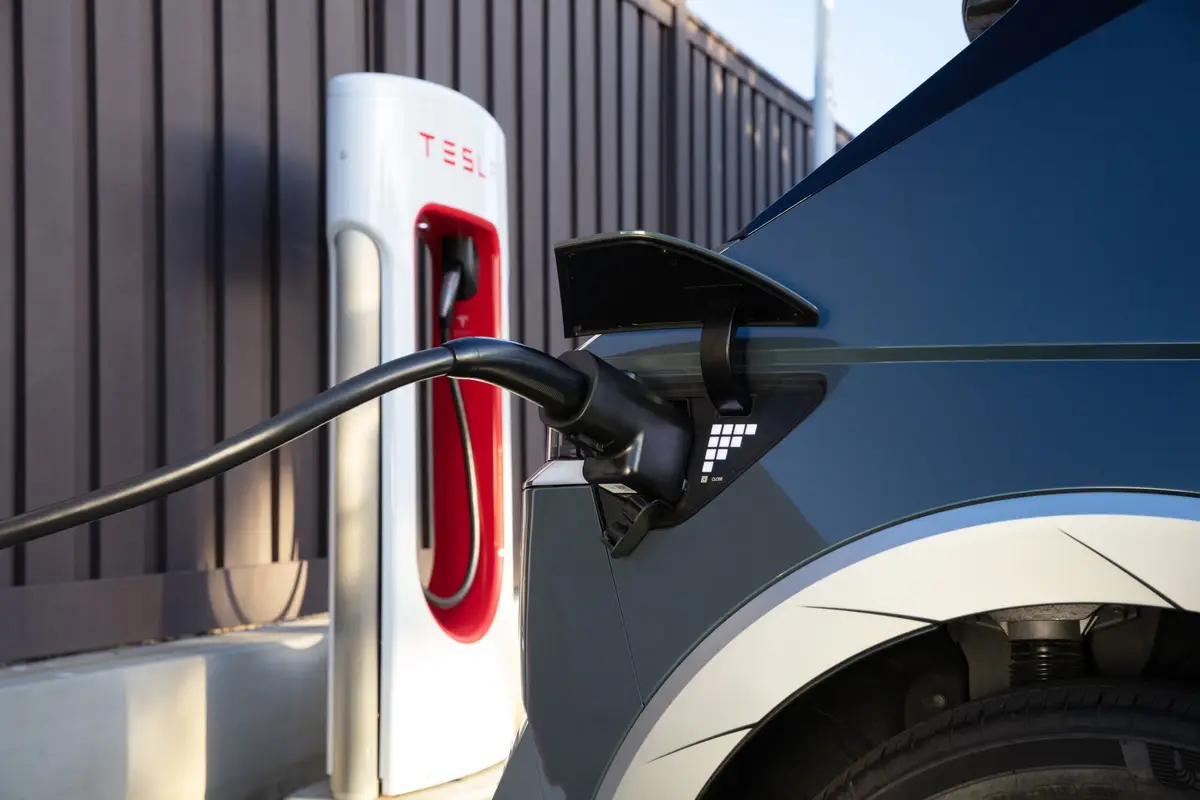
Automakers typically offer two different types of charging incentives: discounts, credits or rebates on the installation of a home charger or complimentary charging at a public-charger network. These offers can be found on automaker websites.
Hyundai, for example, is letting customers choose between a home charging station or credits for public charging. Eligible buyers and lessees of qualifying vehicles have the option to receive a complimentary ChargePoint Home Flex Level 2 charger or a $400 charging credit to use at multiple networks, including ChargePoint, EVgo, Shell Recharge and Ionna. The incentive is available for model-year 2024-25 Ioniq 5 SUVs and Ioniq 6 sedans, as well as model-year 2025 Ioniq 5 N SUVs.
Ford also offers a free home charger and installation with the purchase or lease of a new Ford EV. Eligible vehicles include model-year 2024-25 E-Transit cargo vans and Mustang Mach-E SUVs, as well as model-year 2025 F-150 Lightning pickup trucks.
Which Automakers Offer Cash Discounts or Financing Deals?
Just like with internal combustion vehicles, automakers offer cash or financing deals on EVs, too. For example, through Nov. 3, Acura will give you $4,000 off a new ZDX SUV in one of three ways: as a loyal Acura owner, as a conquest customer or put toward a returning lease. Additionally, Honda is offering well-qualified shoppers 0% financing on its 2025 Prologue SUV for 24-60 months through Nov. 3, as well.
Tesla also frequently offers deals. Currently, the automaker is offering verified military veterans, retirees, active-duty members, their spouses, surviving spouses, first responders, students and teachers a $1,000 discount on any model.
More deals like these can be found on automaker websites.
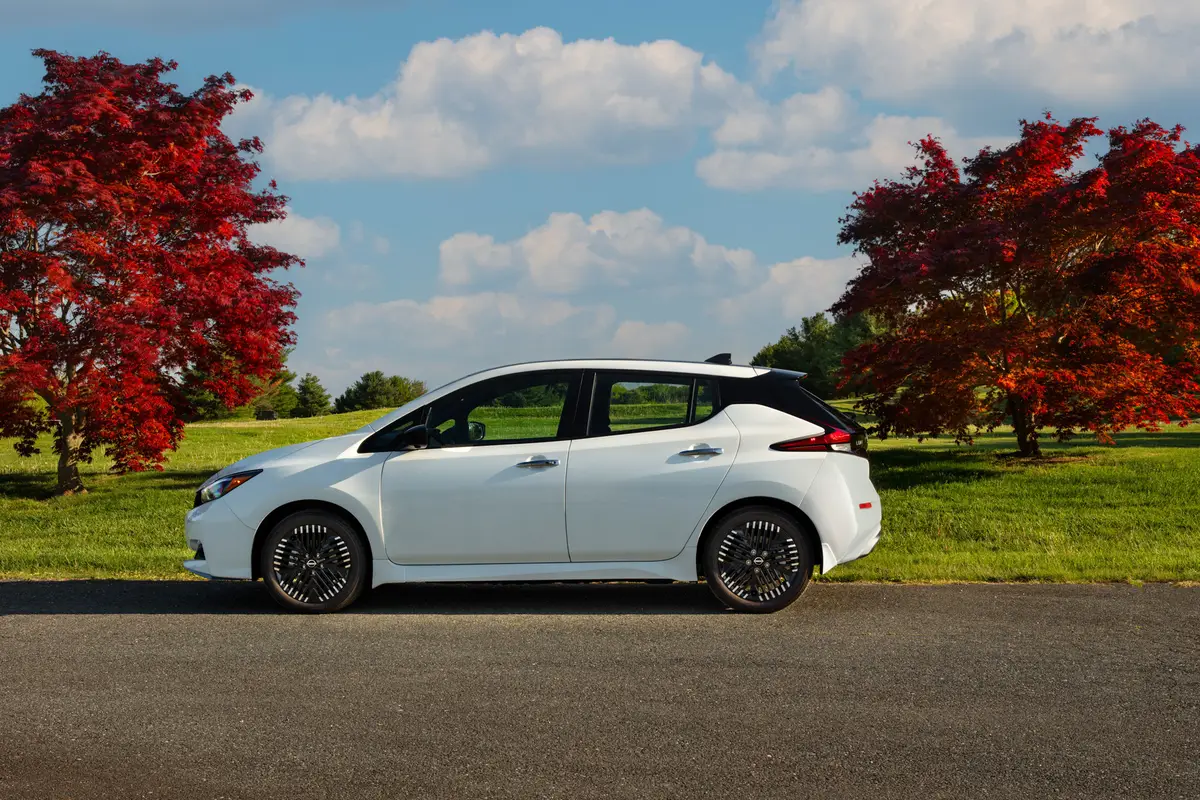
If you’re just looking for a grocery getter, consider opting for something with a smaller battery and less range, which generally costs less than a vehicle with a bigger battery and higher range.
Check out our list of the 11 cheapest EVs you can buy right now. Spoiler alert: The 2025 Nissan Leaf is in the top spot. With a starting price just under $30,000 before any incentives, the cheapest standard-range Leaf S has a 40-kilowatt-hour battery, a modest 147-horsepower electric motor and an EPA-rated 149 miles of range. The Leaf SV Plus, meanwhile, has a 60-kWh battery, a significant range boost to 212 miles and a more livable 214-hp motor. (The 2026 Nissan Leaf is redesigned with more range and will still be affordable).
The loss of the federal EV tax credit is significant: According to EV owners surveyed by Cars.com, more than 50% stated that the tax credit was a key reason that they chose an EV over a gas vehicle. However, without the tax credit, there are other ways to save on EVs if you’re willing to look for them.
More From Cars.com:
- What to Know Before Purchasing an Electric Vehicle: A Buying Guide
- How Much Do Electric Car Charging Stations Cost?
- Why Are EVs More Expensive to Insure Than Gas Cars?
- Find Your Next Car
- More Electric Car News
Related Video:
Cars.com’s Editorial department is your source for automotive news and reviews. In line with Cars.com’s long-standing ethics policy, editors and reviewers don’t accept gifts or free trips from automakers. The Editorial department is independent of Cars.com’s advertising, sales and sponsored content departments.

News Editor Jennifer Geiger joined the automotive industry in 2003, much to the delight of her Corvette-obsessed dad. Jennifer is an expert reviewer, certified car-seat technician and mom of three. She wears a lot of hats — many of them while driving a minivan.
Featured stories
